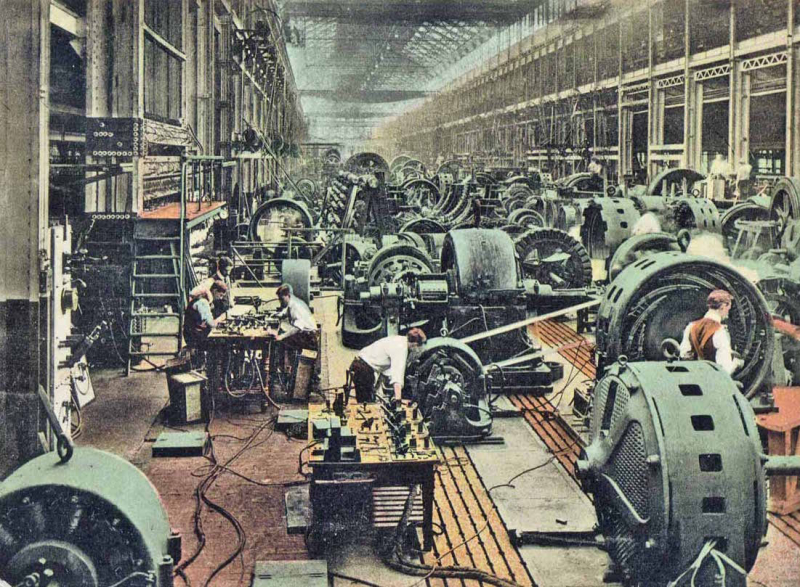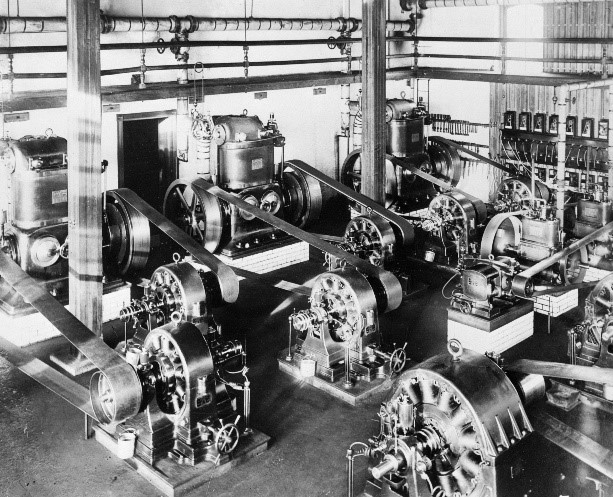He Forgot His Royalties When His Investor Was In Financial Crisis
For his polyphase induction motor, Tesla and George Westinghouse of Westinghouse Electric signed a licensing agreement in 1888. When three large companies, Westinghouse, Edison, and Thompson-Houston, engaged in strong competition for the capital-intensive industry of supplying electric power, it was known as the "war of the currents" in America. Tesla received $60,000 in cash and shares, as well as $2.5 for every ac horsepower produced by each motor as part of the agreement. Tesla was also employed by the business as a consultant for $2,000 per month.
Westinghouse Electric was in financial crisis two years after signing the Tesla contract. Investors called in their loans to Westinghouse Electric as a result of the financial panic of 1890, which was brought on by the almost-collapse of Barings Bank in London. The corporation had to restructure its loans as a result of the acute cash shortage. Westinghouse was required to reduce what appeared to be excessive spending on the purchase of other businesses, research, and patents, including the per-motor royalty in the Tesla contract, by the new financiers. The Tesla induction motor was still under development at that time and had not yet achieved success. Even though there were few operational instances of the motor and even fewer polyphase power systems required to run it, Westinghouse was still paying a guaranteed royalty of $15,000. George Westinghouse gave Tesla a blunt explanation of his financial problems in the beginning of 1891, warning that if he did not comply with the demands of his lenders, he would lose control of Westinghouse Electric and Tesla would have to "deal with the bankers" in order to try to collect any future royalties. Tesla undoubtedly thought it was obvious why Westinghouse should keep promoting the motor, so he consented to the company's release from the contract's royalty payment provision. As part of a patent-sharing arrangement made with General Electric (the business formed by the 1892 merger of Edison and Thomson-Houston), Westinghouse acquired Tesla's patent six years later for a one-time payment of $216,000.












